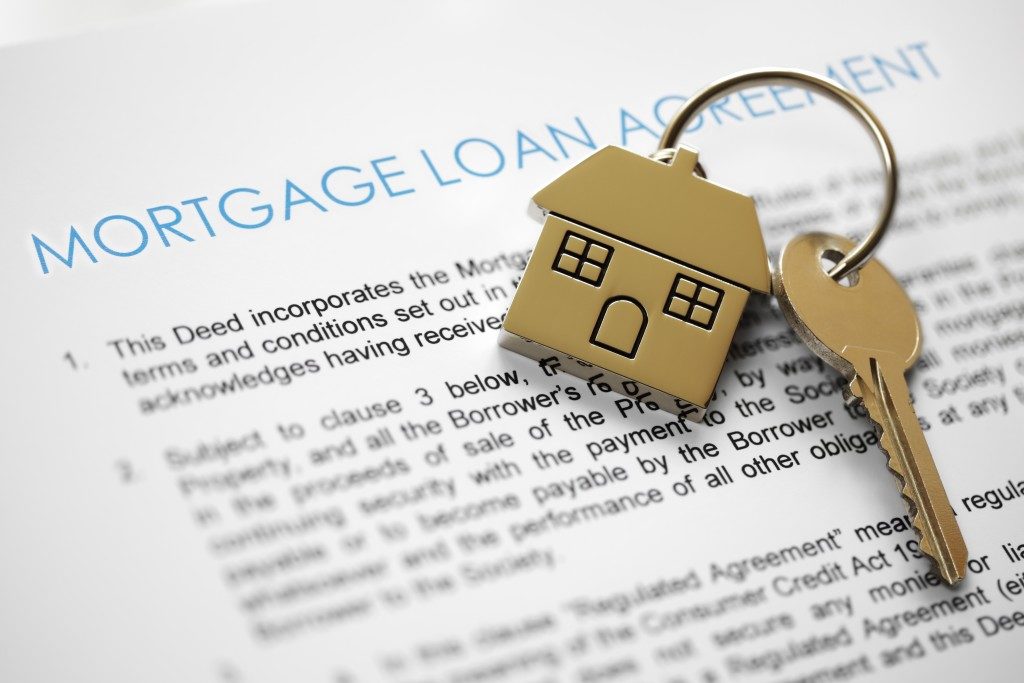Negative equity is when the value of a property is lower than the outstanding balance on the home loan used to purchase it. This term was a buzzword after the last housing crisis where many homeowners lost their houses to foreclosure because their mortgages went underwater, which is a somewhat metaphor for drowning in debt.
Curiously, you can find a mortgage rate in Tempe or any nearby community lower than expected after many industry observers thought interest rates continue to go up. At the same time, the number of underwater home loans seems to be increasing again.
Before you panic, property prices continue to increase, but their appreciation is just decelerating after years of growth. In some states, though, such as Louisiana and North Dakota, homeowners are losing home equity, some of them lost an average of $10,000 of property value over the past 12 months. These statistics are a wake-up call to those planning to take out a mortgage. Most people may have recovered the horrors of the financial crisis from 2007 to 2008, but its lessons should not be forgotten.
To avoid dealing with negative equity and the prospect of losing your home to foreclosure, do the following:
1. Pay a Lot Up Front
Put down as much money as you can. The larger your down payment, the more home equity you gain outright. Shouldering 20% of the property’s cost up front is ideal, but it is also a pipe dream.
Instead, do not limit yourself to the minimum down payment requirement your lender imposes. If you have to wait more time to save money, so be it. In the event of a housing bubble where property prices drop drastically, your patience can pay off since your down payment can help keep your home’s value greater than your mortgage balance.
 2. Get a Short Term
2. Get a Short Term
Most loans in America have a 30-year term, but strongly consider trimming it down to 15 years. Yes, having less time to repay your loan increases your mortgage monthly payment. However, it allows you to drive the principal balance lower and build home equity much faster.
3. Pay More Monthly
If your lender allows prepayment without penalties, make the most of the opportunity. The money you pay on top of the balance on your bill cuts down the principal directly. In other words, you build equity every time you make extra payments. A good strategy is a bi-weekly payment method wherein you pay half of your monthly mortgage bill every two weeks. If you manage to do this for one whole year, your total payment will be equivalent to 13 months, enjoy a one month’s worth of principal balance reduction.
4. Leave Your Equity Alone
Do not convert the equity you build into cash. HELOCs, home equity loans, and cash-out refinance are some of the financial products that allow you to use your property like an ATM. These loans can be helpful, but they are dangerous to take out. To put things into perspective, any of them will decrease your home’s value while increasing your debt in exchange for cash you may misuse.
Compare loans with negative equity in mind. The prospect of it should serve as a reminder that reckless borrowing can put you in a deep financial hole for many years.



